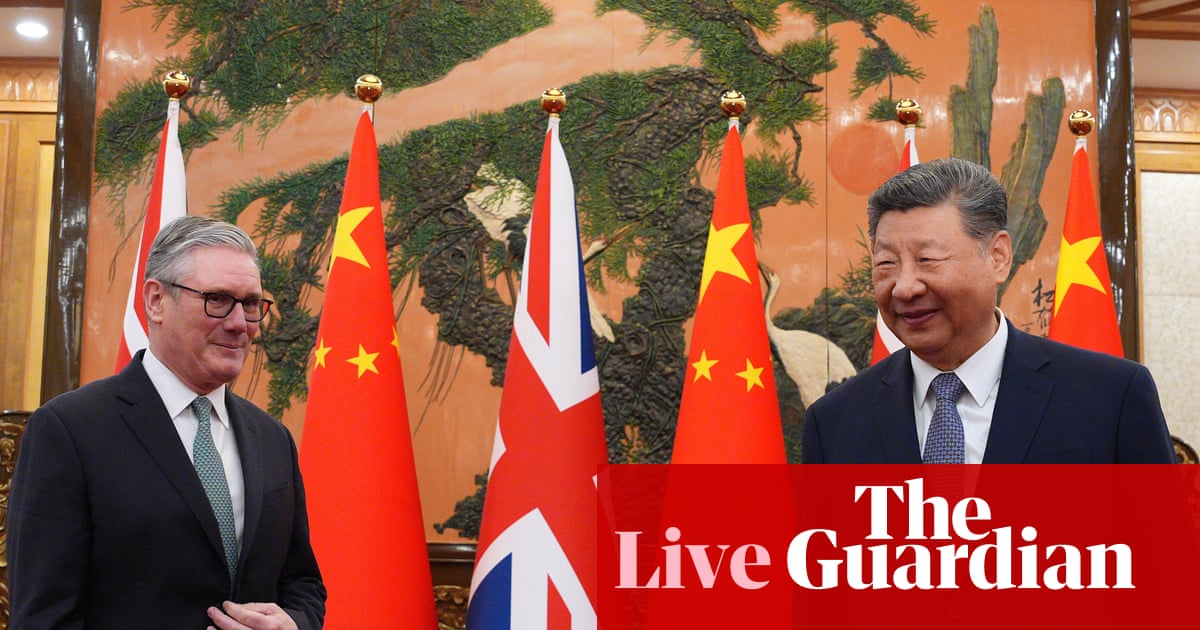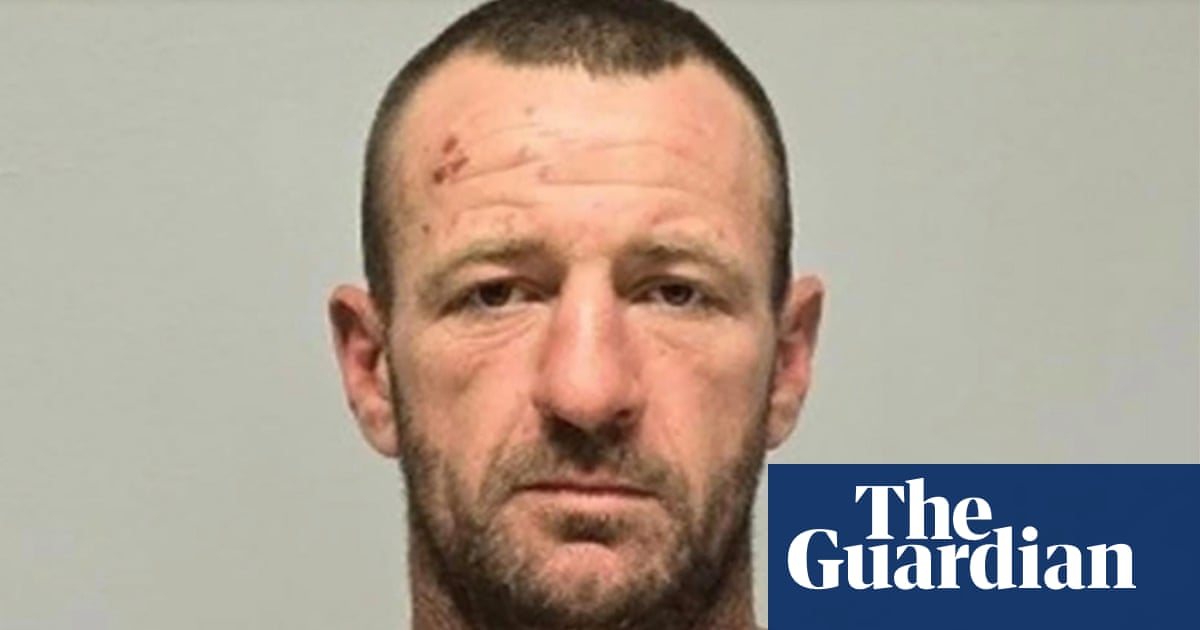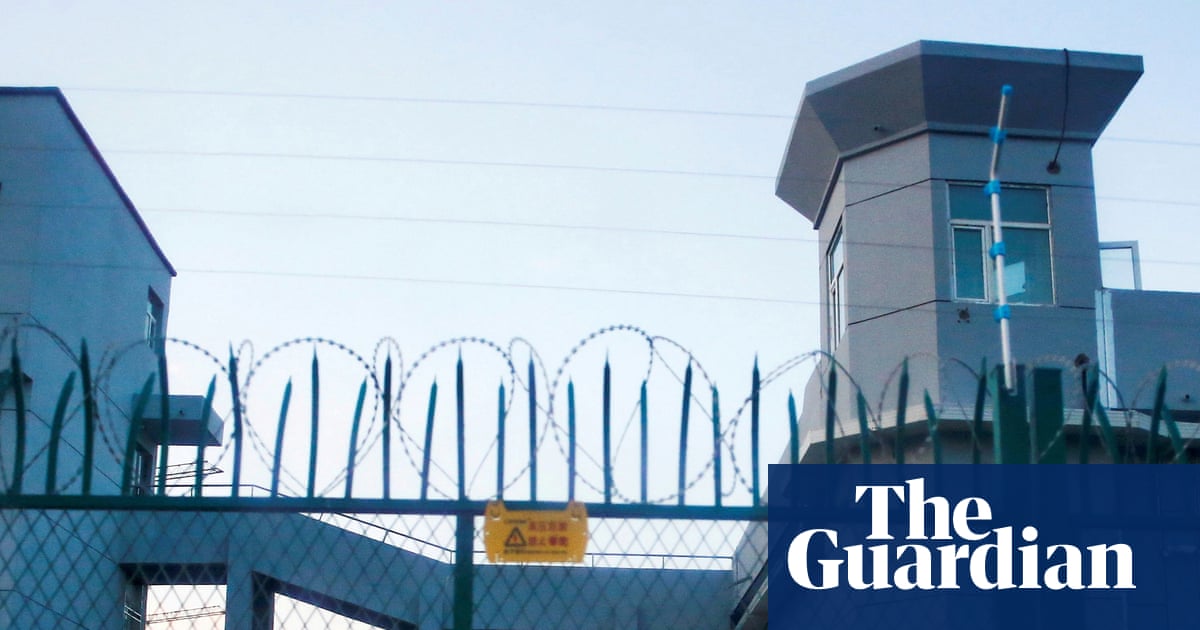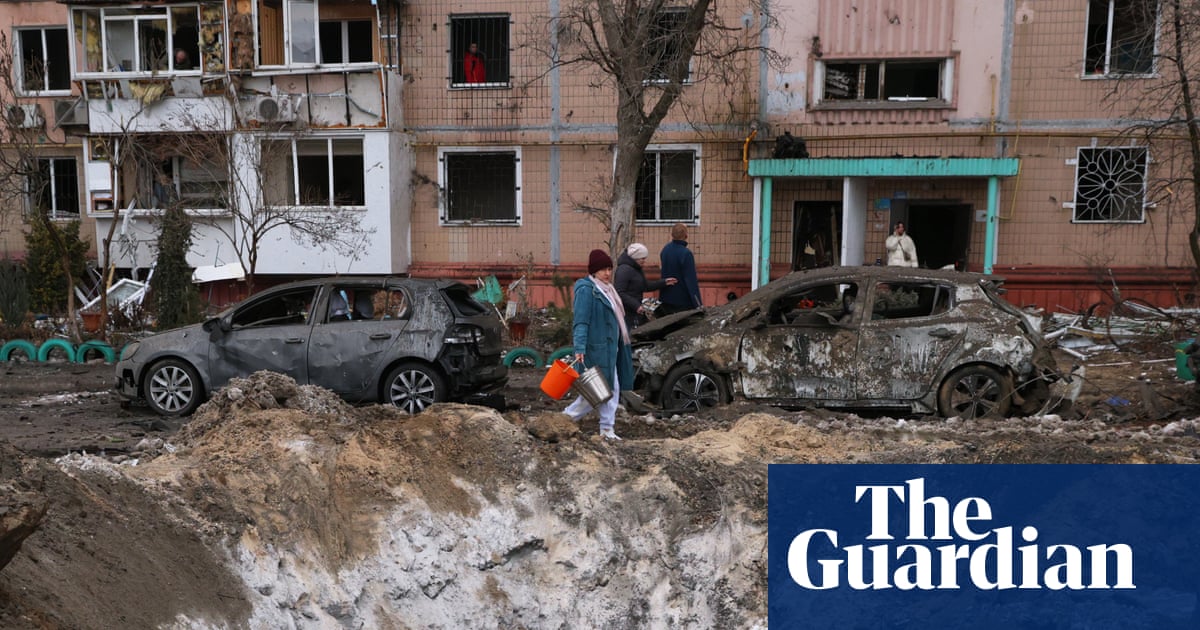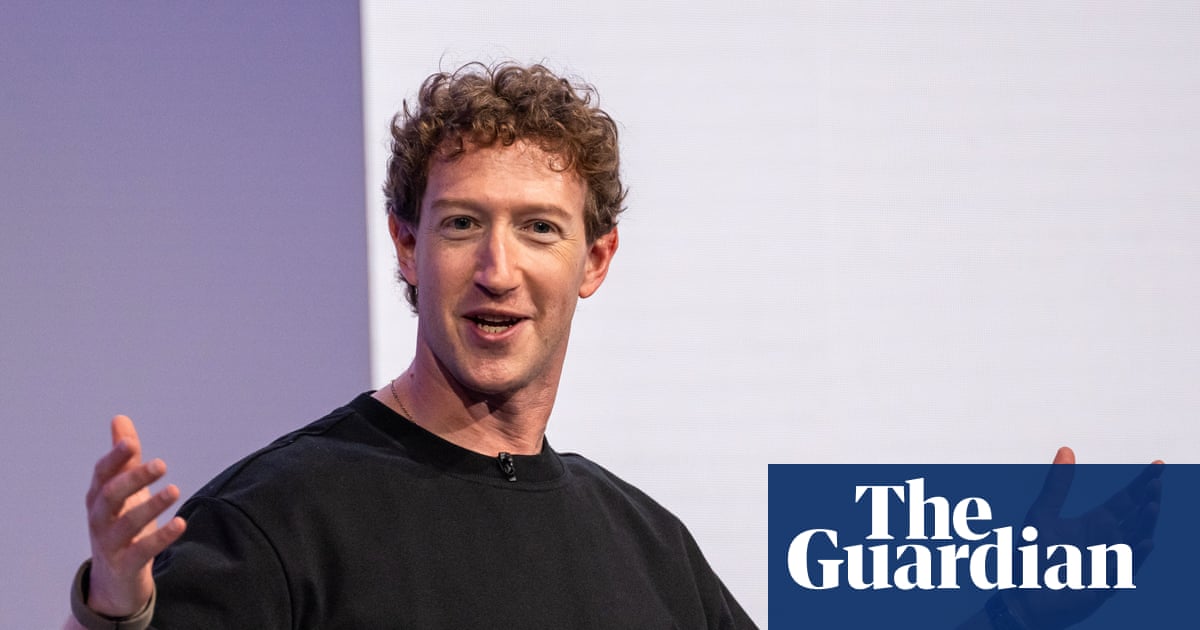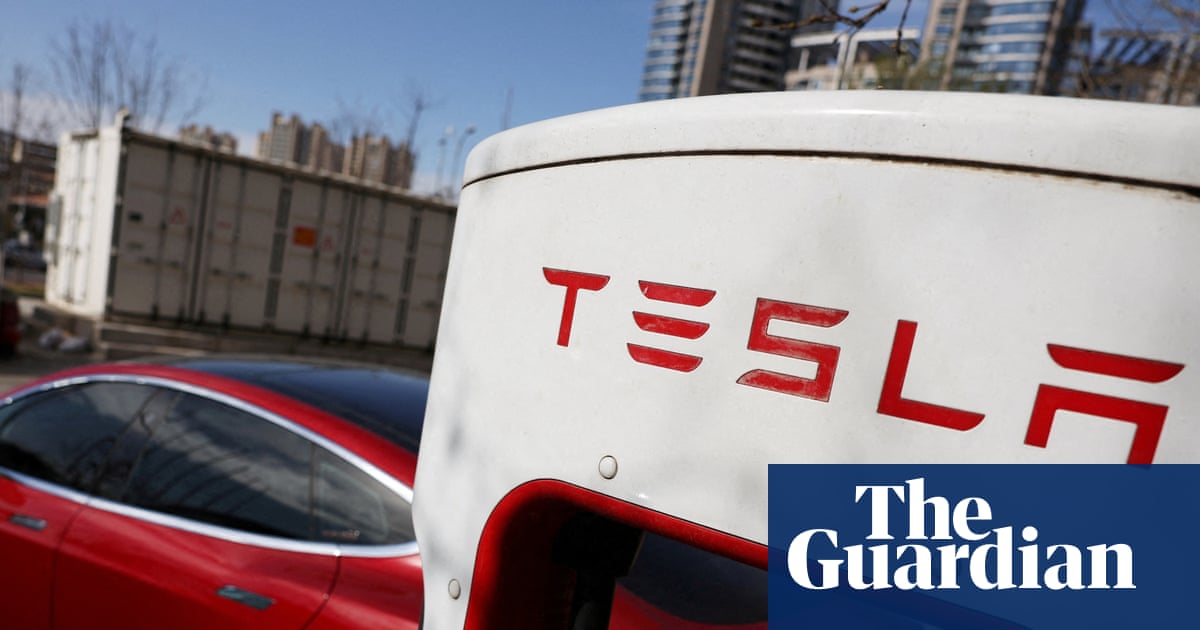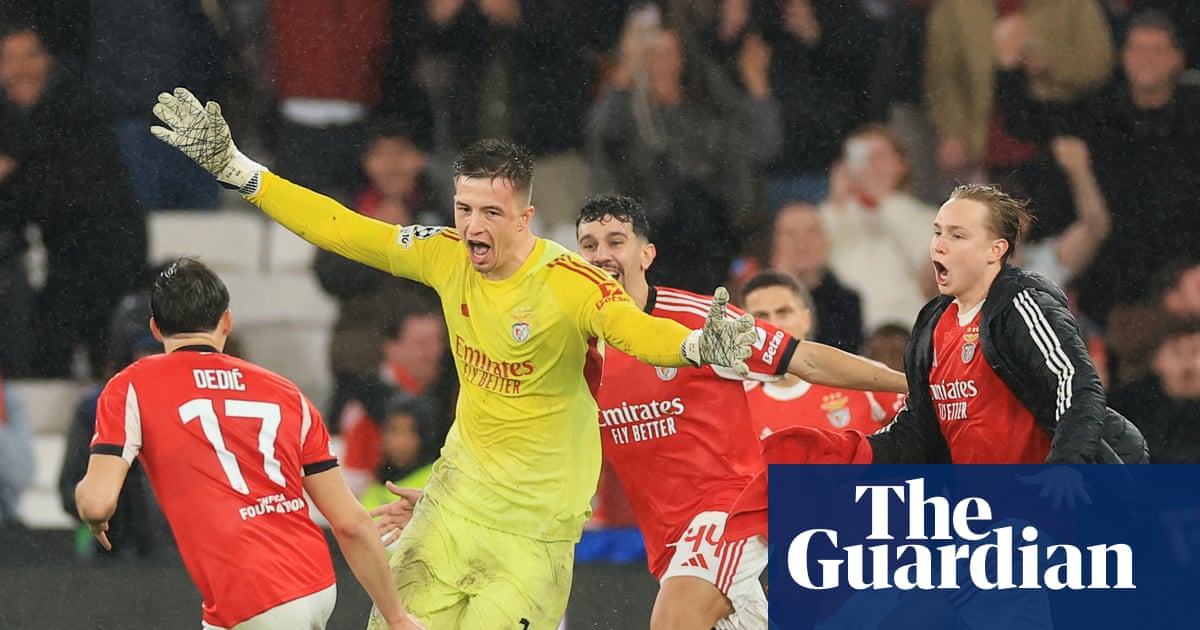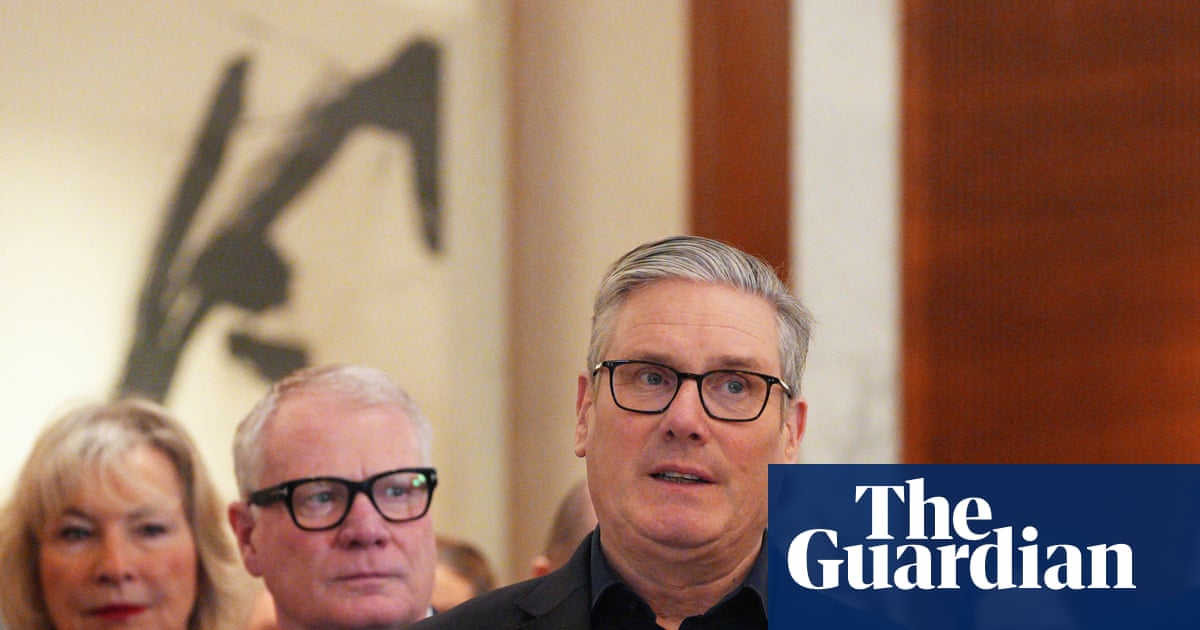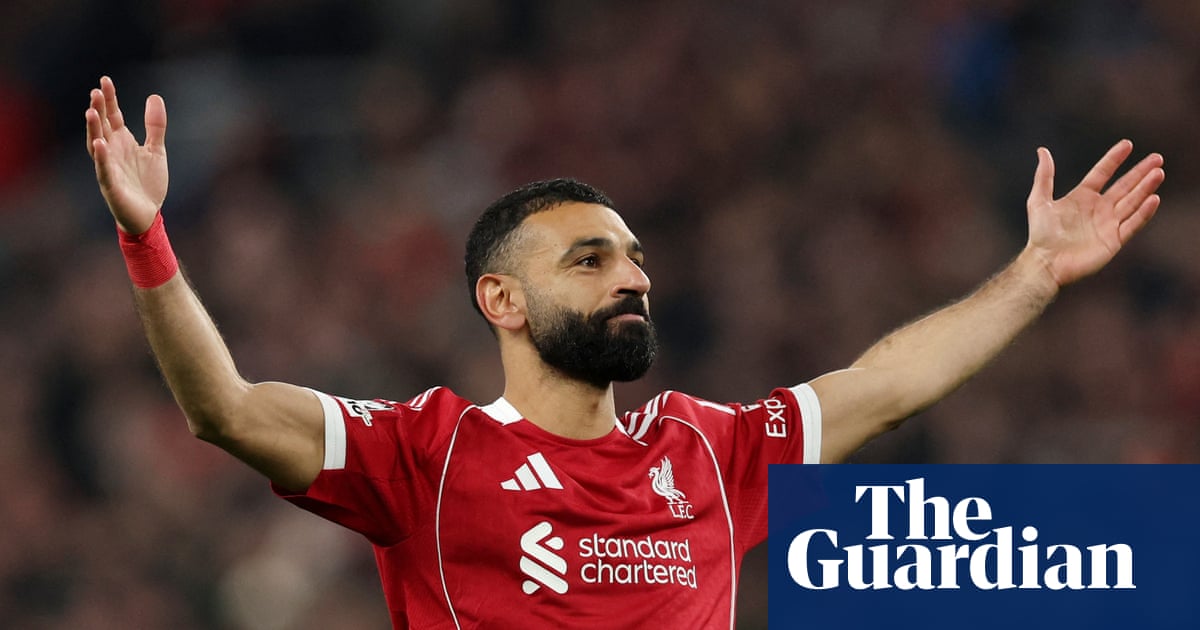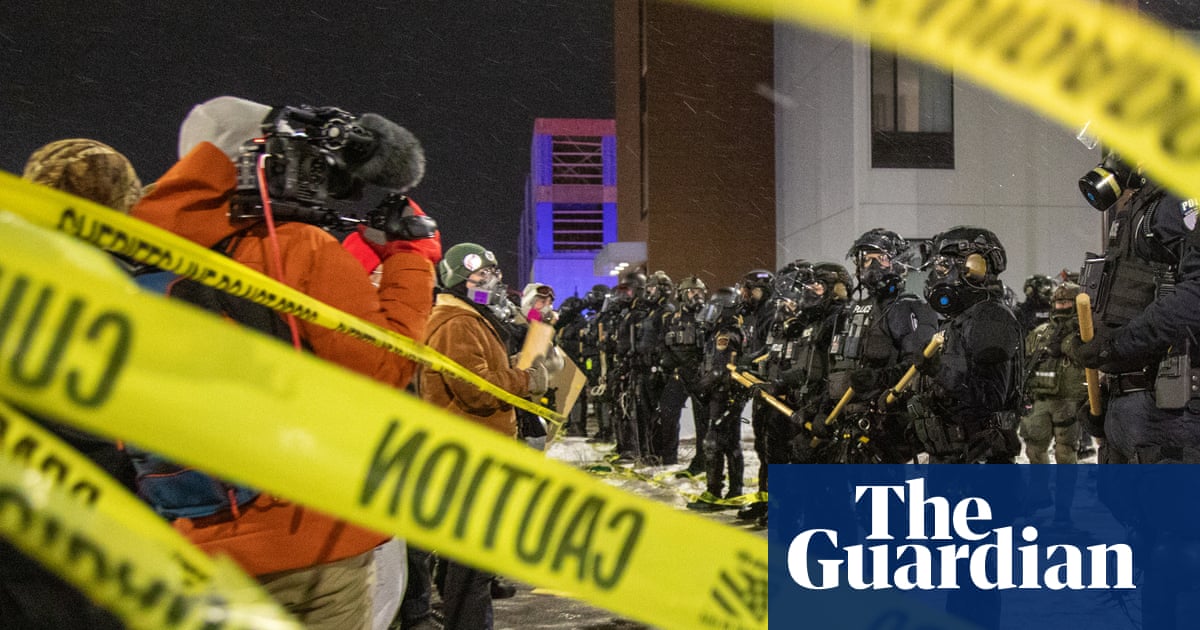No one can claim they did not know what would happen in El Fasher. An 18-month siege had already seen war crimes by the Rapid Support Forces, including the execution of civilians and sexual violence. Warnings of the massacres that would follow when the city in Darfur fell – as it did on Sunday – were widespread.
The reality was an even darker hell, in the words of UN officials. The World Health Organization says that the RSF killed 460 people in one hospital. Satellite images appear to capture bloodstains on the ground. Footage showed fighters executing unarmed men. Other captives were taken for ransom. The UN says hundreds of civilians and unarmed fighters were raped or killed while trying to flee the city, with clear evidence of ethnically targeted violence. The horrors continue.
The RSF grew out of the Janjaweed forces, which, unleashed by the Sudanese military government, committed genocide against non-Arab populations in Darfur two decades ago. “Never again,” the world insisted. But it has happened again. No one believes the RSF’s promises to hold fighters accountable are anything more than cosmetic. Meanwhile, the UN response plan for the world’s largest humanitarian crisis is little more than a quarter funded.
“I urge colleagues to study the world’s continued failure to stop this. Blood on the hands,” said Tom Fletcher, the UN humanitarian chief. But it is not merely that the world has stood by. Outsiders legitimised and funded the RSF’s evolution into a more powerful force, which ended up turning on the Sudanese Armed Forces, under Gen Abdel Fattah al-Burhan, in April 2023. They have stoked the civil war for their own interests.
The EU sent millions of euros to Sudan to curb migration – with border policing put under the RSF’s charge. Hard questions are rightly being asked about why military equipment from Britain, Canada and elsewhere has reached Sudanese battlefields. Above all, there is anger at the United Arab Emirates’ role. The UAE angrily denies backing the RSF. Diplomats, analysts and satellite imagery say otherwise. US intelligence agencies say it increased arms shipments to Sudan this year. Gold flows in the opposite direction.
Now that it controls Darfur’s major urban centres, the RSF, under Mohamed Hamdan Dagalo – known as Hemedti – is likely to intensify its campaign in Kordofan, and continue attempts to destabilise the SAF-held east of the country. Yet increasingly there appears to be a de facto partition; neither side can win, yet neither accepts that. Accordingly, the war is likely to continue as long as there are weapons to fuel it.
At his confirmation hearing, the US secretary of state, Marco Rubio, told the Senate that he would raise with UAE leaders “the fact that they are openly supporting an entity that is carrying out a genocide”. Yet the US and UK have shown little appetite for pressuring the UAE to turn off the tap. The Trump family has lucrative ties to the Gulf nation.
Outrage at the atrocities in Darfur is now growing, however, in the US and beyond. The UAE itself is sensitive to scrutiny and criticism, having invested heavily in portraying itself as the stable, responsible and aspirational face of the region. It has had no reason to believe that people care enough about Sudan to affect it. But sustained public and cultural pressure might yet convince it that when Darfur is drenched in blood, Abu Dhabi too is tainted.

 2 months ago
68
2 months ago
68
